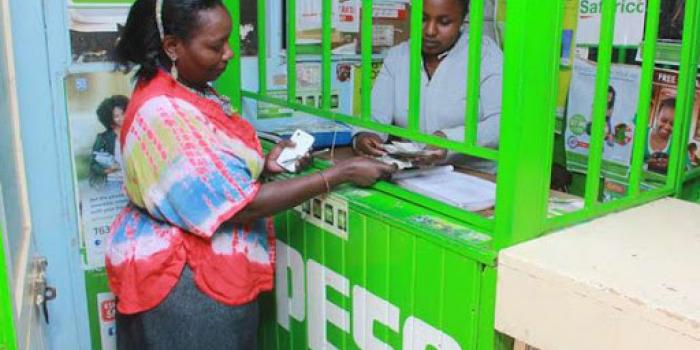Telco giant and mobile service provider, Safaricom, announced that it will reduce the charges levied on Paybill transactions by half.
Speaking on Thursday, December 15, Chief Executive Officer Peter Ndegwa confirmed that the changes will affect customer-to-business and bank-to-consumer transactions.
Ndegwa explained that the move is in a bid to facilitate money circulation and improve the business environment in the country.

Safaricom CEO, Peter Ndegwa.
“We resolved to reduce significantly our pay bill and business-to-customer tariffs in a continued support towards stimulating growth and the economy.
“This reaffirms our commitment to support all our customers and enable them cost-effectively get along with their lives, especially during these hard economic times,” the CEO stated.
Notably, the reduction of charges will mostly be on fees paid by clients seeking social amenities including medical bills, school fees as well as water and electricity bills.
Bank-to-mobile money transactions were slashed by 61 per cent while customers making direct deposits to their banks will enjoy a 47 per cent discount.
Transactions under Ksh100 will remain rated zero. The new tariffs will take effect on Sunday, January 1, 2023.
The reduction of charges will provide further relief to Kenyans after the Central Bank of Kenya (CBK) governor Patrick Njoroge ordered banks to trim fees levied on money moving into and out of accounts.
Njoroge explained that the move will facilitate the emergence of a payments ecosystem that works for and with Kenyans.
Despite the nation enjoying free mobile transactions earlier, he explained that the number of transactions had increased over the period and that the economy had stabilised.
In April, a group of the country’s top commercial banks had written to CBK asking it to reinstate charges citing financial loss.

Nairobi residents pictured at Kenya National Archives section of Nairobi CBD.




















Discussion about this post